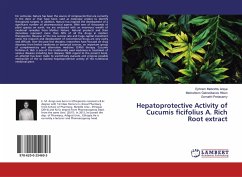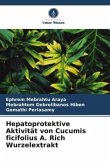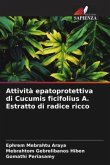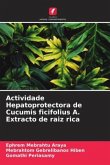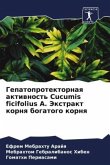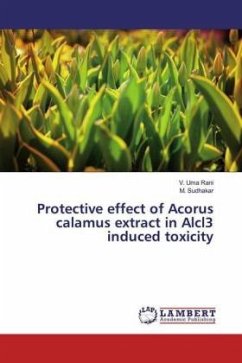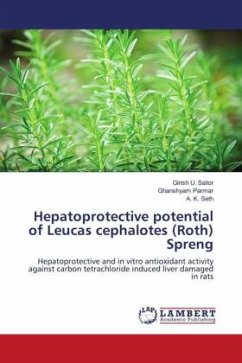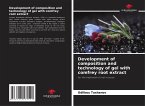For centuries, Nature has been the source of compounds that are currently in the clinic or that have been used as molecular probes to identify therapeutic targets. In addition, Nature has inspired the development of a significant number of pharmaceutical agents. With tens of thousands of plant species on earth, we are endowed with an enormous wealth of medicinal remedies from Mother Nature. Natural products and their derivatives represent more than 50% of all the drugs in modern therapeutics. Because of the low success rate and huge capital investment need, the research and development of conventional drugs are very costly and difficult. Over the past few decades, researchers have focused on drug discovery from herbal medicines or botanical sources, an important group of complementary and alternative medicine (CAM) therapy. Cucumis ficifolius A. Rich is one of the traditionally used medicines in treatment of various diseases including liver diseases. With regard to the present book, an attempt has been made to scientifically evaluate and propose possible mechanism of the so claimed hepatoprotective activity of this traditional medicinal plant.

